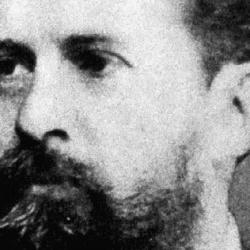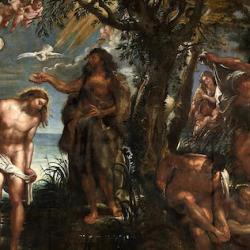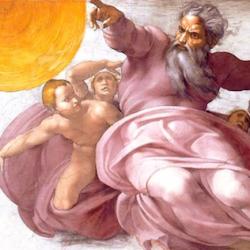William Mann has argued that when medievals identify God with His attributes, they identify Him with “property instances,” specific individuals in a relationship of instantiation with the universals that they instantiate. Jeffrey Brower (“Making Sense of Divine Simplicity,” Faith and Philosophy 25: 1 [2008]: 3-30) explains, “As Mann sees it, therefore, we must distinguish between two very different kinds of property-abstract universals such as goodness, power, and wisdom, and concrete individual properties such as God’s goodness, God’s power, and God’s wisdom,... Read more




















